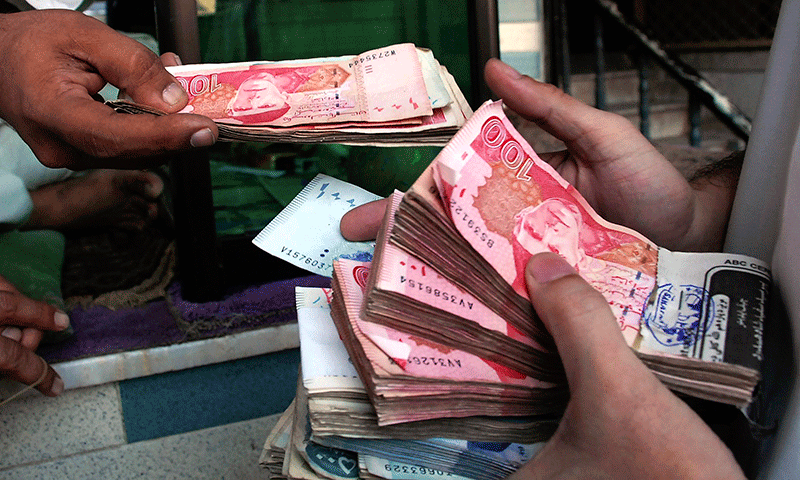
WHEN I call an official at the police to find out how many female motorcyclists are registered licensees in Pakistan, he laughs at me. “You’re from the same society, have you ever seen any?” he asks. He’s right — it is rare to find a female motorcyclist in this country, and I have yet to see one navigating the roads of Karachi.
In the span of a week, however, I’m able to find two: Zenith and Nighat. They’re generations and personalities apart but have one thing in common: their passion for riding motorcycles. Twenty-year-old Zenith has been riding a bike for the past three years; 52-year-old Nighat, by contrast, has been riding motorcycles since 1974.
I meet Nighat at the hospital where she works. Sporting thick, black spectacles and a powder-blue floral and beige shalwar kameez, Nighat has an air of confidence about her. As I’m interviewing her, two men approach her with a problem they’re facing; she quickly sorts it out before she resumes answering my questions. “I’m really glad I have the opportunity to work where I can make a difference,” she says.
Nighat points out that she’s never faced any issues piloting a motorcycle but she does generate a lot of interest. “I was roaming around on a bike this morning, there was no problem. I’ve roamed the whole of Karachi. People are very happy when they see me, they snap photos of me [with their phone camera] and say we will show them to our mothers,” she says. And she emphasises that being a biker in a metropolis like Karachi does have its advantages. “I don’t like cars, I’ve driven cars and I don’t enjoy it. On a motorcycle, it’s just different. Plus, there’s so much traffic in Karachi and on a motorcycle you can manoeuvre around it and escape it,” she adds enthusiastically.
Zenith explains that while people do stare at her when she’s riding around on her Suzuki GS 150, she puts it down to curiosity and the novelty of what she’s doing. “Of course they look at you differently. However, the stares are there because I am deviating from society’s standards. Ten years from now, these stares will be reduced as we’ll see more women on two wheels,” she says optimistically.
The marketing and finance student took a road trip this year from Lahore to the Pak-China border, stopping en route at places such as Hunza and Gilgit; accompanying her were fellow motorcyclists — her brother and his friends. “It’s been amazing and very liberating. I got to see so much and meet many people with different stories,” she points out.
For Zenith, the motorcycle is associated with her father who passed away when she was very young, and the trip was her and her brother’s way of paying tribute to their father. “He shared this dream with my mother … He wanted to do a world tour with his children, and we thought we could do this [the trip] for my father,” she tells me over the phone.
For Nighat, too, the motorcycle is intertwined with memories of her father who passed away when she was barely in her teens. Needing a job to support her younger siblings, she began working at a very young age: “My matric results hadn’t even come out, and my sisters and brothers were very young,” she tells me. It was her father, she fondly recalls, who taught her how to ride a bike, and it was on a motorcycle that she would get to and from the office when she first started working.
Over the several decades that Nighat has been navigating the roads of Karachi, she says that the traffic has worsened as have interactions with strangers. “People who had cycles now have motorcycles, people who had motorcycles now have cars and people who had cars now drive trucks. And now if you feel thirsty, you have to buy water; before, shopkeepers would just give you some,” she explains.
As I’m about to leave, I ask if I can see her bike and she smiles. “Why do you think I asked you to meet me here?” she says. She leads me to a room where her name is displayed on the door. Inside, along with a desk and a chair, there’s her motorcycle — a black Honda 105 with a matching black leather seat. She confesses that it’s unusual but if you were looking for any other sign that Nighat is a diehard motorcyclist, this is it. Before I leave, I ask her if she has anything more to add. “Women should ride motorcycles, that way you’re not dependent on your brother and father,” she says emphatically.
Published in Dawn, December 6th, 2015











































